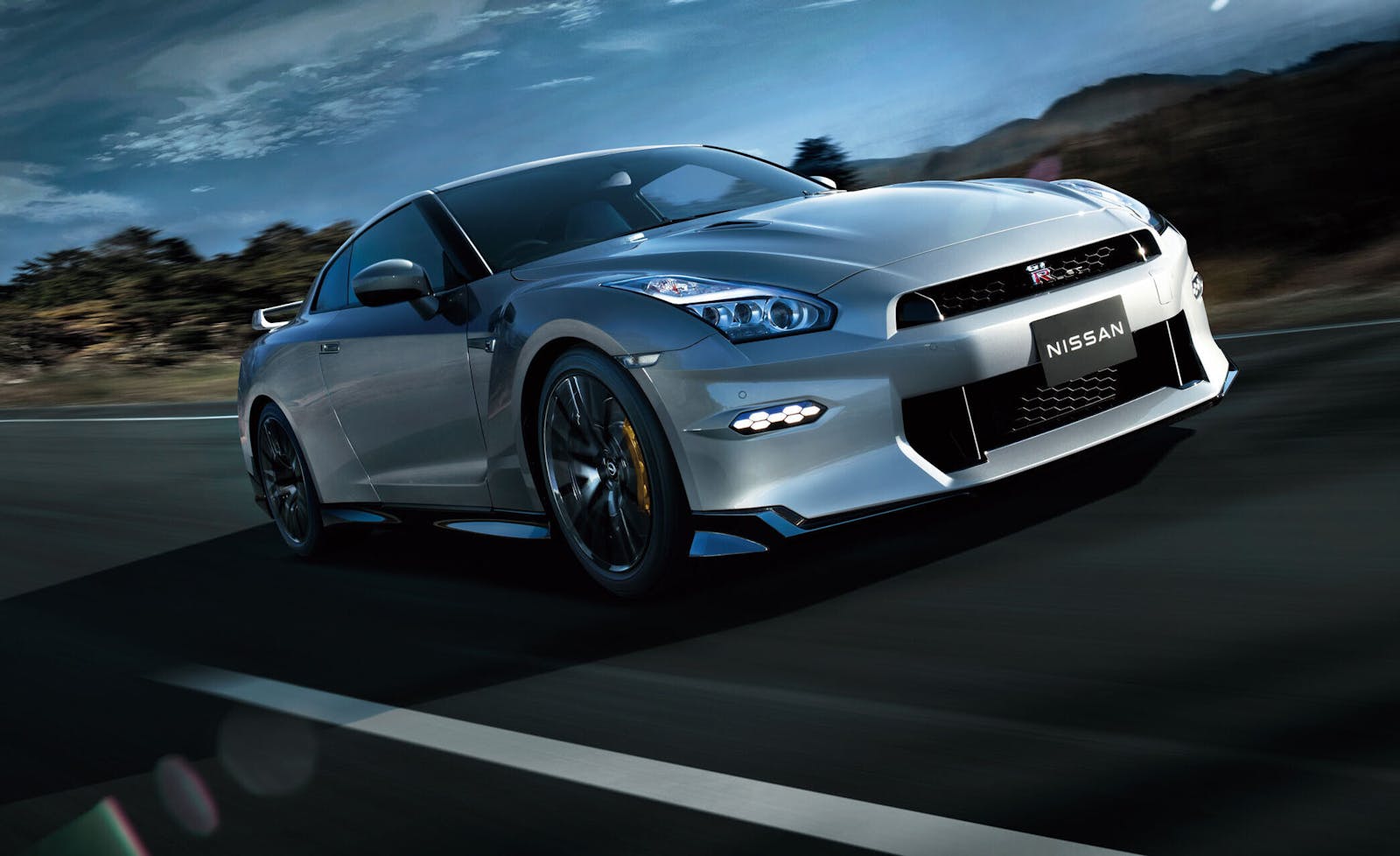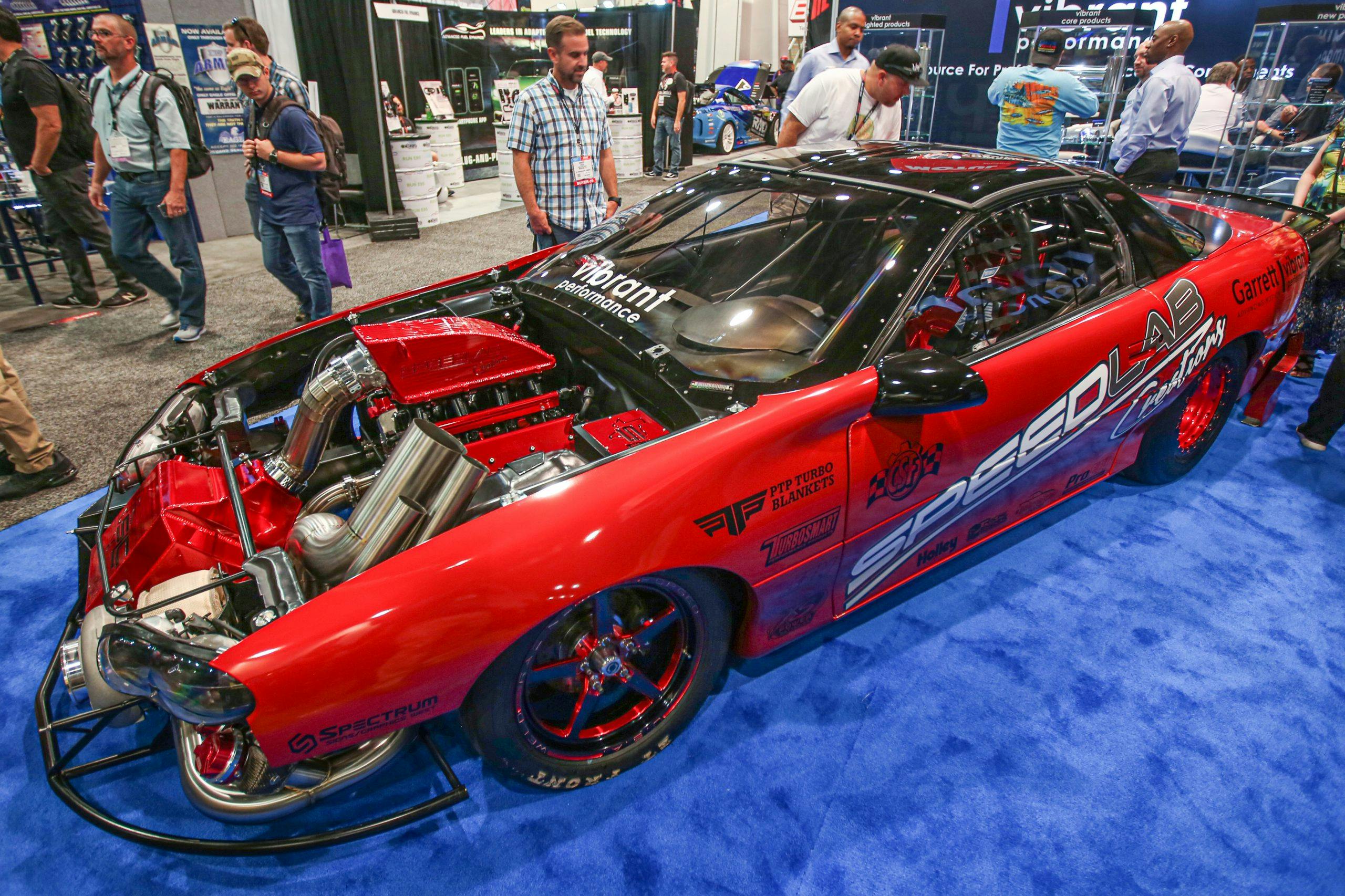Media | Articles
EPA overreach? Court declines to rule, which is a win for SEMA
It was over before it started. The U.S. District Court for the District of Arizona has declined to make a ruling in the lawsuit between the U.S. Environmental Protection Agency and Gear Box Z. Inc., which is essentially a victory for the Specialty Equipment Market Association.
It’s a shallow one, perhaps, since the court never addressed the crux of the matter. It never got that far.
SEMA, reiterating the importance of the 2016 “Recognizing the Protection of Motorsports (RPM) Act,” filed an amicus brief in support of GBZ—and all racers—earlier this month. SEMA claims the EPA is misinterpreting the Clean Air Act (CAA).
The EPA, while pursuing GBZ for tampering allegations, made statements in its court filings that the Clean Air Act does not allow a motor vehicle to be converted into a racing vehicle used solely for competition, and equipment installed to make the conversion is illegal. The EPA first pursued its controversial interpretation of the CAA in 2015, but dropped it following a public outcry that was initiated by SEMA.

This time around, the Arizona District Court ruled that the EPA produced evidence that the subject products sold by GBZ were being used on highway vehicles, with no evidence of use on motor sports vehicles. Therefore, lacking evidence of converting road vehicles to dedicated race cars—which would have necessitated the Court address the issue—the Court declined to rule on whether the CAA disallows conversions of street vehicles to dedicated racing machines.
Marketplace
Buy and sell classics with confidence
SEMA says that although the street-to-race car conversion issue was not settled, the lawsuit was impactful for several reasons. “First, it demonstrates the need for the U.S. Congress to enact the RPM Act, bi-partisan legislation to clarify that it is legal to make such conversions and to produce, market, and install racing equipment. Second, the Court’s opinion did offer some favorable language, with the Court confirming that it is the EPA’s burden to produce evidence that emissions-related equipment is being used illegally on highway vehicles when making such a claim.”
We’re guessing the fight is not over, and SEMA acknowledges as much, saying it will “continue to work tirelessly to settle the EPA’s overreach.” Stay tuned.











